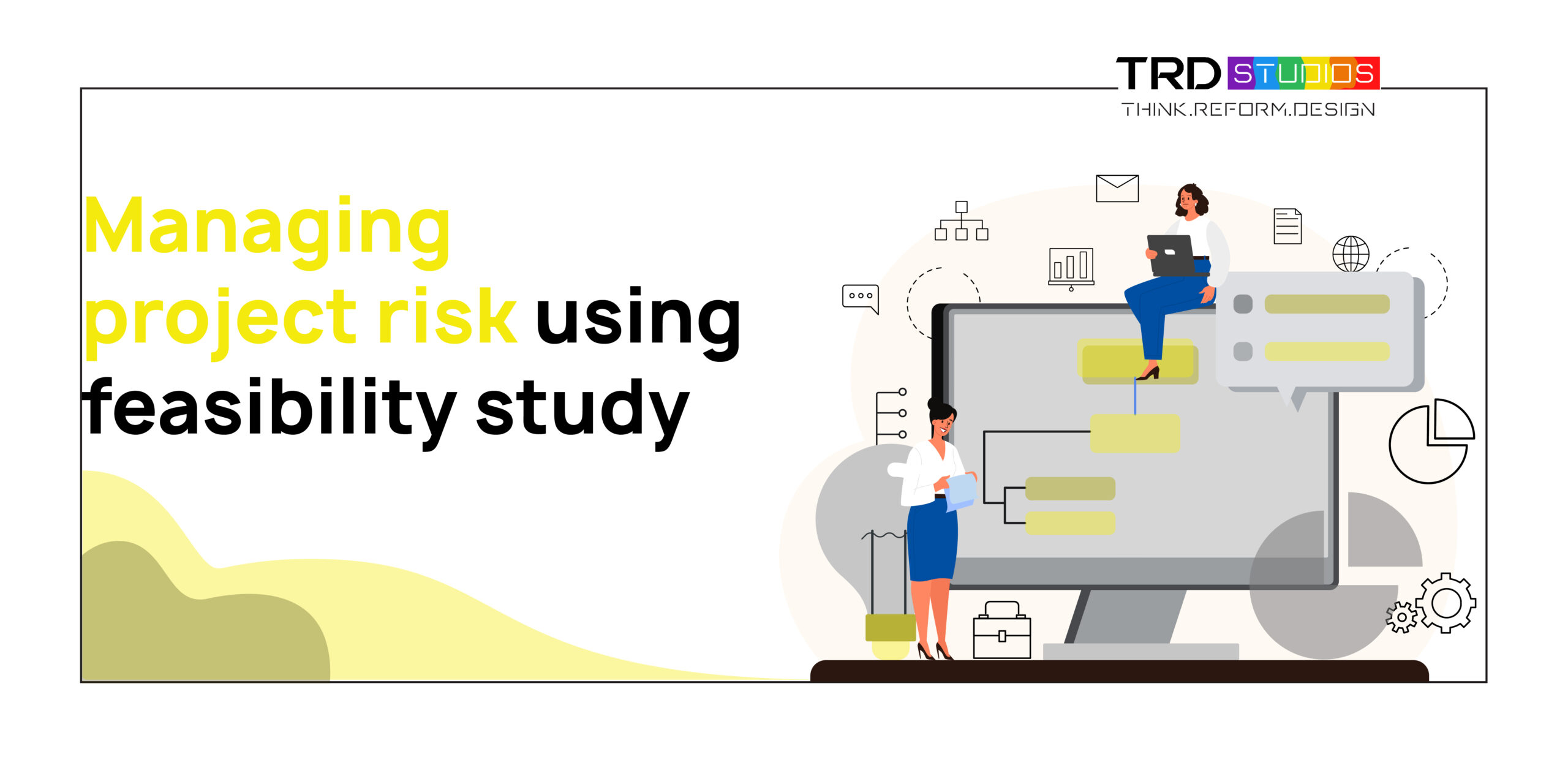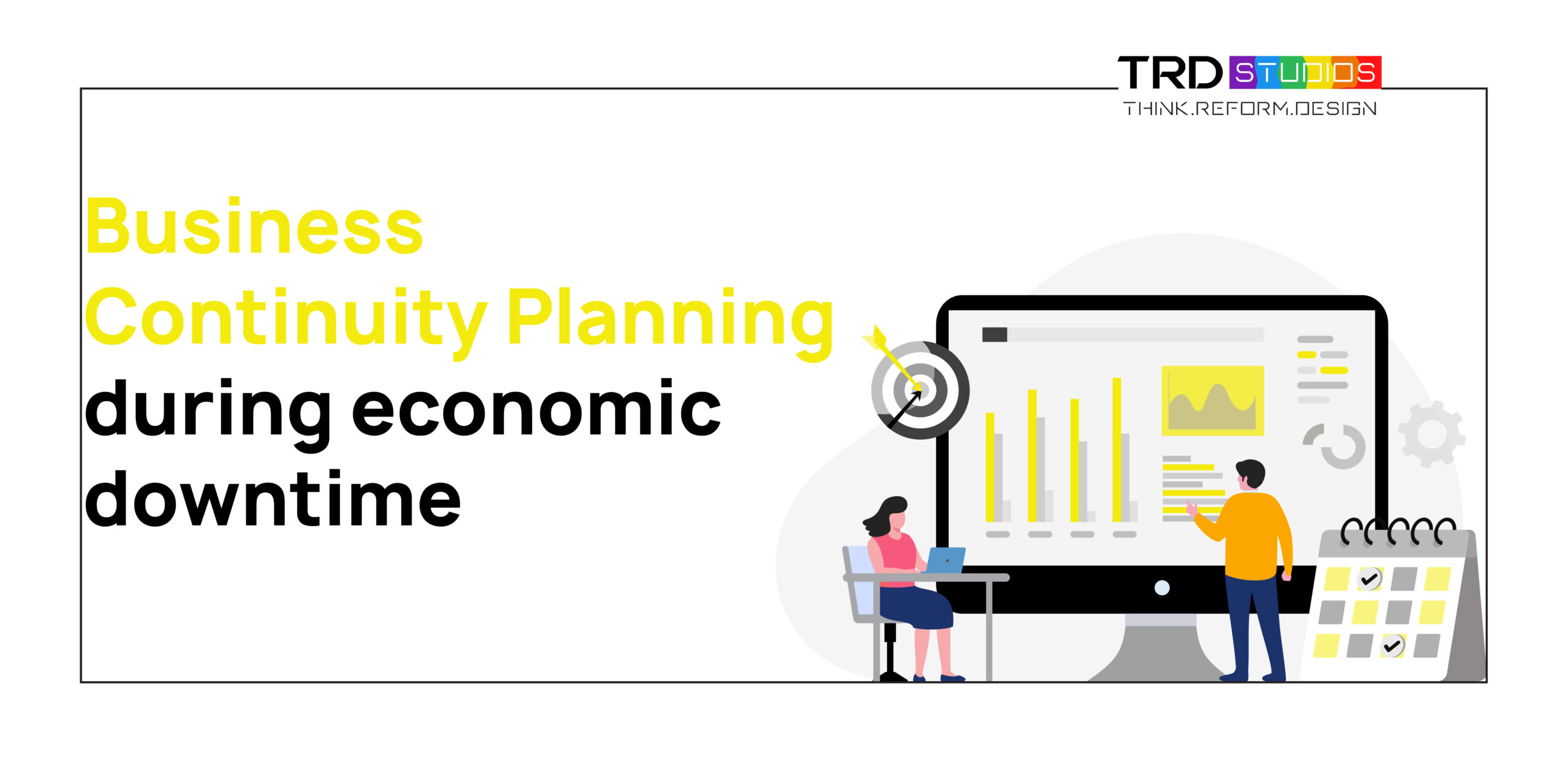In today’s dynamic and competitive business landscape, managing project risk is crucial for ensuring the success and sustainability of any venture. One powerful tool for mitigating risks is conducting a comprehensive feasibility study.
A feasibility study evaluates the viability and potential challenges of a business idea or project before committing resources.
Managing Project Risk using Feasibility Study
In this blog, we will explore how a well-executed feasibility study can effectively managing business risk and contribute to long-term success.
Identifying Potential Risks
Feasibility studies provide an opportunity to identify and assess potential risks associated with a business venture.
By conducting market research, analyzing industry trends, and evaluating competitive landscapes, a feasibility study helps uncover risks such as market saturation, changing customer preferences, technological disruptions, or regulatory challenges.
This early identification allows businesses to proactively address risks and develop strategies to mitigate them.
Market Demand Analysis
A key aspect of feasibility studies is assessing market demand and customer behavior. Understanding market dynamics, target audience preferences, and potential demand fluctuations is crucial for risk management.
By conducting thorough market research, businesses can identify potential gaps, predict market demand, and make informed decisions regarding product development, pricing, and market entry strategies, minimizing the risk of launching products or services with limited market appeal.
Financial Viability Evaluation
Financial risks are inherent in any business venture. A feasibility study provides a detailed financial analysis, including projected revenues, expenses, and profitability.
By assessing factors such as start-up costs, cash flow projections, break-even points, and return on investment (ROI), businesses can gauge the financial feasibility of their ventures.
This analysis enables risk mitigation through prudent financial planning, securing adequate funding, and ensuring profitability in the long run.
Operational and Technical Assessments
Operational and technical risks can significantly impact business performance. Feasibility studies examine the operational requirements, including infrastructure, technology, and human resources.
By evaluating potential operational bottlenecks, resource constraints, or technological challenges, businesses can develop strategies to address these risks.
This might involve optimizing processes, implementing robust IT systems, or conducting staff training to minimize operational disruptions and enhance overall efficiency.
Legal and Regulatory Considerations
Compliance with legal and regulatory requirements is crucial for business success and risk management. Feasibility studies help identify potential legal or regulatory challenges specific to the industry or market.
By thoroughly assessing permits, licenses, certifications, and compliance obligations, businesses can mitigate the risk of non-compliance, potential lawsuits, or reputational damage. Proactively addressing these considerations ensures a solid foundation for long-term success.
Check our recent blog on Business Feasibility Studies & Project Management.
Competitive Analysis – Managing Project Risk
Competition poses significant risks to businesses. Feasibility studies include a comprehensive competitive analysis, identifying existing and potential competitors, their strengths, weaknesses, and market share.
Understanding the competitive landscape allows businesses to develop strategies to differentiate themselves, build a unique value proposition, and effectively position their products or services.
This strategic approach minimizes the risk of being overshadowed by competitors and enhances market penetration opportunities.
Decision-making and Risk Mitigation
The findings of a feasibility study empower businesses to make informed decisions and proactively manage risks.
Armed with a comprehensive understanding of potential risks, businesses can develop risk mitigation plans, contingency strategies, and alternative courses of action.
This enables businesses to adapt and respond effectively to unforeseen challenges, reducing the impact of risks and enhancing overall resilience.
Conclusion – Managing Project Risk
A well-executed feasibility study is a powerful risk management tool for businesses. By conducting a thorough assessment of market demand, financial viability, operational considerations, legal requirements, and competitive landscapes, businesses can identify and mitigate potential risks.
Feasibility studies provide a solid foundation for informed decision-making, strategic planning, and proactive risk mitigation. Embracing this practice equips businesses with the tools and insights necessary to navigate uncertainties, maximize opportunities, and achieve long-term success.



